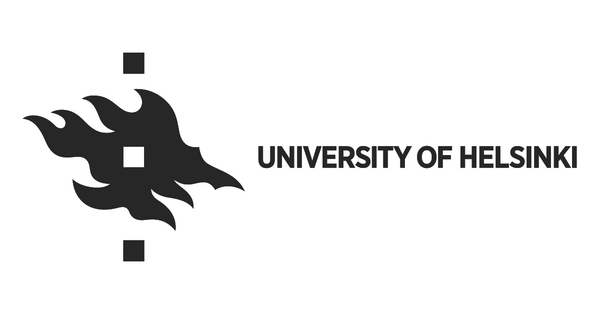UNIVERSITY OF HELSINKI: HELSUS and Paulig to collaborate with the aim of reducing food waste at the beginning of the supply chain
Paulig, an international food industry enterprise, and the University of Helsinki’s Helsinki Institute of Sustainability Science HELSUS are collaboratively investigating the quantity of food waste and the potential for reducing it in the countries producing raw materials. The goal of the research partnership is to determine the current situation and identify new measures of reducing food waste in raw material supply chains.
“To reach its goal, Paulig asked researchers to conduct an analysis of the starting point and provide information on the product groups and raw materials associated with food waste generation, as well as the ways in which such waste is generated,” says Associate Professor Hanna Tuomisto, who leads the joint project. “Knowing the premise, you can start designing measures for reducing waste.”
New information on food waste
The project’s goal is to provide Paulig with a clear picture of the sections of the value chain where measures should be targeted to curb waste to ensure they are as effective as possible. At the same time, novel ways of utilising the sidestreams generated by the supply chain can be innovated. The project will benefit all food producers.
The partnership between Paulig and the University of Helsinki will engender new, internationally peer-reviewed and published information on which parts at the beginning of the value chain are particularly relevant to the generation of food waste in various product groups and raw materials.
“Comprehensive studies on the creation of waste and its reduction in different product groups is yet to be conducted, which is why collaborative research elicits broad interest, also academically,” Tuomisto says. “The results will be obtained by autumn 2021, and they will be made openly available to anyone.”
50 % reduction in food waste by 2030
Paulig’s goal is to achieve a 50% reduction in food waste in its value chain by 2030. On the basis of the impartial research-based knowledge obtained through the project, Paulig will be able to develop the most effective raw material-specific measures to reduce food waste and boost its status as a pioneer in responsibility.
“Food waste is a wide-ranging problem that extends over the entire food value chain, and we at Paulig wish to actively look for solutions to this. We are continuously developing our food production processes and looking for innovations to reduce related food waste. We also want to help consumers make responsible decisions. This project will provide us with research-based knowledge on how to help different parts of our supply chain reduce their food waste as well,” says Lea Rankinen, Paulig’s director of responsibility and public affairs.
The project is headed by Associate Professor of Sustainable Food Systems Hanna Tuominen from the Faculty of Agriculture and Forestry and HELSUS. Also contributing is University Researcher Marja Roitto, who is conducting the food waste study and writing a scholarly article on the topic under Tuomisto’s supervision.
Further information:
Hanna Tuomisto, associate professor, University of Helsinki, HELSUS, +358 50 312 6089, [email protected]
Lea Rankinen, director of sustainability and public affairs, Paulig, +358 41 539 4609, [email protected]
Paulig and HELSUS
Paulig is a family-owned food and beverage company, growing a new, sustainable food culture – one that is good for both people and the planet. Paulig provides all things tasty; coffees and beverages, Tex Mex and spices, snacks and plant-based choices. The company’s brands are Paulig, Santa Maria, Risenta, Gold&Green and Poco Loco. Paulig’s sales amounted to EUR 921 million in 2019. The company has over 2,000 passionate employees in 13 different countries working around the purpose For a life full of flavour.
Helsinki Institute of Sustainability Science HELSUS is a cross-faculty research unit in sustainability science within the University of Helsinki.
The mission of the institute is to contribute to sustainability transformations of societies by means of interdisciplinary and transdisciplinary research and education. The research focuses in particular on Urban Studies, Consumption and Production, the Global South, and Arctic contexts.
The establishment of Helsinki Institute of Sustainability Science in 2018 is a response to a call for the universities and research institutions to take a more significant responsibility in finding new pathways towards sustainability transformations.
The Institute gathers together the core expertise from the University of Helsinki in collaboration with other universities and research institutes in the Helsinki area. It also includes non-academic stakeholders in order to contribute to sustainability transformations in society.

